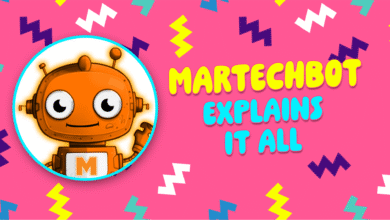Google Unveils New Protocol for Agent-Driven Purchases

▼ Summary
– Google announced the Agent Payments Protocol (AP2), an open system for AI-driven purchases backed by over 60 merchants and financial institutions.
– AP2 is designed to be interoperable across AI platforms, payment systems, and vendors, ensuring a traceable transaction record.
– The protocol requires two-step approval: an “intent mandate” for search and negotiation, and a “cart mandate” for final purchase authorization.
– It includes provisions for fully automated purchases under specific rules and maintains an auditable trail to address fraud concerns.
– AP2 has support from major financial providers like Mastercard, American Express, and PayPal, and integrates with cryptocurrency systems via an extension.
Google has introduced a groundbreaking open protocol designed to enable AI agents to carry out purchases on behalf of users, backed by more than 60 major merchants and financial institutions. This initiative, known as the Agent Payments Protocol (AP2), aims to create a standardized, interoperable framework that connects AI platforms, payment systems, and vendors while ensuring every transaction is fully traceable.
In a public statement, Google executives Stavan Parikh and Rao Surapaneni emphasized the company’s dedication to an open development process. They expressed a clear intention to evolve the protocol collaboratively, including through standards organizations, and extended an invitation to the broader payments and technology communities to participate in shaping this future.
The full technical specifications for AP2 have been made available on GitHub, allowing developers and industry stakeholders to review and contribute to the framework.
This protocol is engineered for a world where AI assistants routinely handle shopping tasks, engaging in dynamic, real-time negotiations with retail AI systems. For instance, a user might ask their agent to plan a bike trip, prompting an automated interaction with a bike shop’s AI that could result in a time-sensitive bundled offer.
Another scenario involves a user requesting travel arrangements for a weekend getaway based only on dates, location, and budget. The AI agent would then communicate with airline, hotel, and booking platform agents to identify suitable options, finally executing cryptographically signed bookings once a match is found.
Facilitating such transactions involves considerable technical and procedural complexity. AP2 requires AI agents to obtain two distinct approvals before completing any purchase. The first is an “intent mandate”, which authorizes the agent to search for a specific item and negotiate terms. The second is a “cart mandate”, granting final approval to buy once an item meeting the criteria is selected.
The protocol also supports fully automated purchases under predefined conditions. In these cases, the agent can generate its own cart mandate after locating a suitable product, provided the user has set clear rules regarding price, timing, and other parameters. In all cases, the system maintains a verifiable audit trail to address potential disputes or fraud.
In a notable collaboration, Google has worked with cryptocurrency leaders including Coinbase, MetaMask, and the Ethereum Foundation to develop an extension integrating the x402 protocol. This allows AI-driven purchases to be made directly from cryptocurrency wallets.
While other companies like Perplexity and Stripe are also developing agentic purchasing tools, Google’s AP2 stands out for its comprehensive design and early backing by major financial players such as Mastercard, American Express, and PayPal. Widespread adoption will ultimately depend on developer engagement, but the protocol already enjoys significant industry support.
(Source: TechCrunch)


